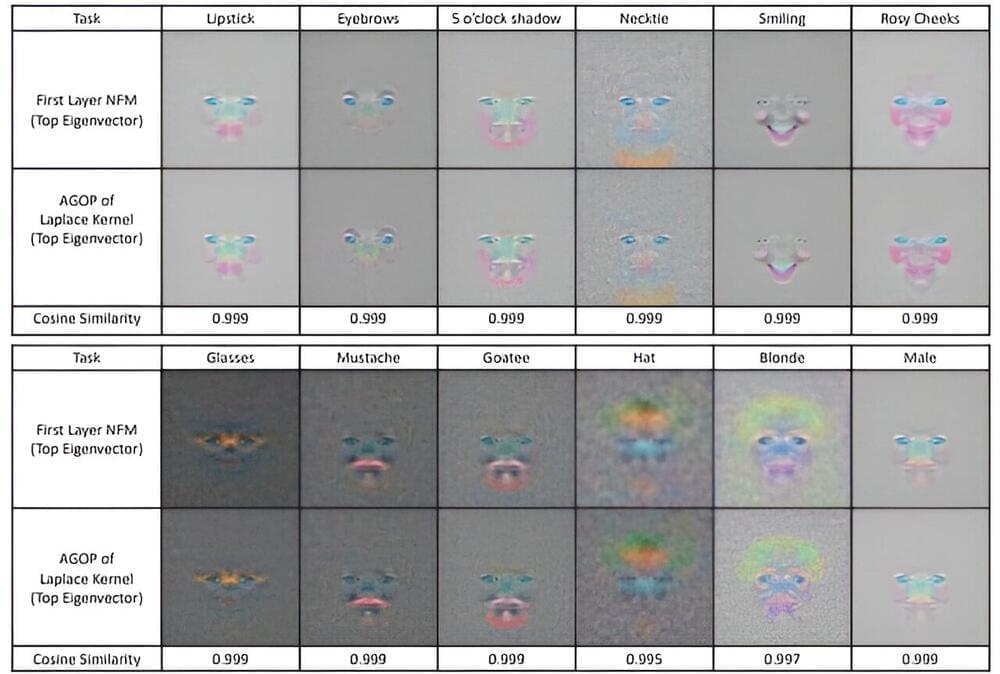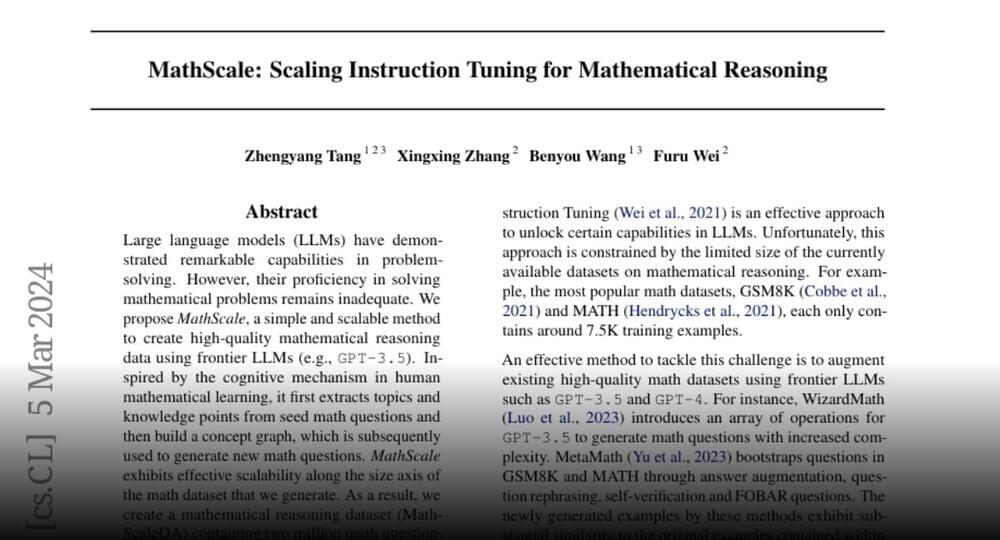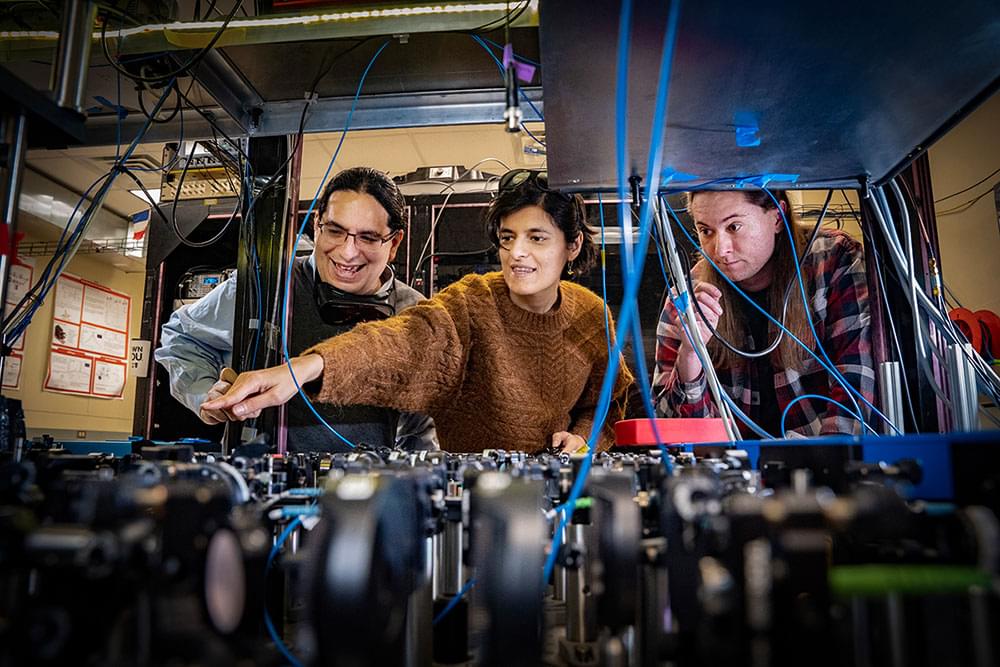The work, facilitated by the Chicago Quantum Exchange (CQE) and led by a team that includes UD, Argonne, JPMorgan Chase and University of Chicago scientists, lays groundwork for future applications—and highlights the need for cross-sector collaboration.
The third category, stochastic modeling, is used across the sciences to predict the spread of disease, the evolution of a chemical reaction, or weather patterns. The mathematical technique models complex processes by making random changes to a variable and observing how the process responds to the changes.
The method is used in finance, for instance, to describe the evolution of stock prices and interest rates. With the power of quantum computing behind it, stochastic modeling can provide faster and more accurate predictions about the market.
According to Safro, one of the things that makes the field and ongoing research in this area exciting is the unknown.







